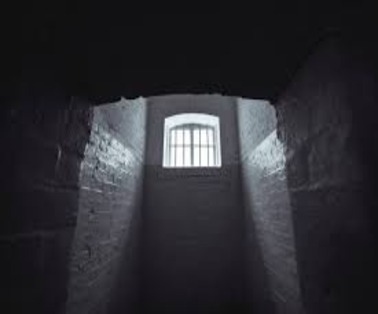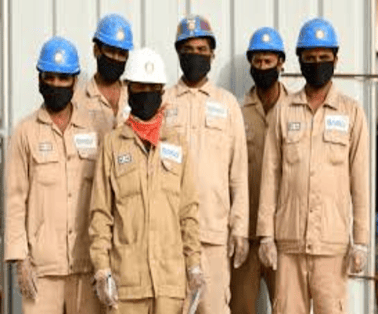National Security Act has been invoked in the case of self-styled Sikh preacher and on-the-run Waris Punjab De chief Amritpal Singh.
Key Points
- Amritpal Singh is absconding from the law. Raids have been conducted to apprehend and detain Amritpal Singh but he could not be detained so far
- Four aides of Singh – Gurmeet Singh Bukkanwala, Basant Singh, Bhagwant Singh alias Pardhan Mantri Bajeke and Daljit Singh Kalsi – who were flown to a prison in Dibrugarh, Assam, have also been held under the Act.
- Punjabi actor-turned-activist Deep Sidhu, who was arrested over the farmers’ protest at Red Fort on January 26, 2021, founded Waris Punjab De after he was granted bail.
- The stated objective of the outfit was to fight for the “rights of Punjab”. After Deep Sidhu’s death in an accident last year, Amritpal Singh positioned himself as Waris Punjab De’s leader.
What Is National Security Act, 1980?
- The National Security Act was passed by the Parliament in 1980 and has been amended several times since then.
- NSA empowers the state to detain a person without a formal charge and without trial.
- Under the Act, a person is taken into custody to prevent them from acting in any manner prejudicial to “the security of the state” or for “maintenance of the public order”.
- It is an administrative order passed either by the Divisional Commissioner or the District Magistrate (DM) – and not detention ordered by police based on specific allegations or for a specific violation of the law.
Features Of National Security Act
- If a person is in police custody, the District Magistrate can slap NSA against them.
- If a person has been granted bail by a trial court, they can be immediately detained under the NSA.
- If the person has been acquitted by the court, the same person can be detained under the NSA.
- The law takes away an individual’s constitutional right to be produced before the magistrate within 24 hours, as is the case when the accused is in police custody.
- The detained person also does not have the right to move a bail application before a criminal court.
Grounds for Detention Under National Security Act

Protection Available Under National Security Act
- Important procedural guarantees in the NSA are provided in Article 22(5), where prisoners have the right to represent effectively before an independent panel of three members
- The board is led by one member who is or has been a high court judge.
- The DM who passes the arrest order is protected under the Act: no legal action or prosecution can be initiated against the officer who executes the order.
- Therefore, the writ of habeas corpus is a constitutional remedy against the state’s right to detain people under the NSA.
- The Constitution of India allows preventive detention in certain cases and the right to be protected from arrest and detention under Article 22 of the Constitution.
- However, Article 22(3) states that the rights granted to arrested persons shall not apply to preventive detention, so there is an exception.
Criticism Of National Security Act
- The Act violates Article 22 of the Constitution and various provisions under the CrPC
- Under the CrPC, the arrested person has to be produced before the nearest Magistrate within 24 hours
- It is often misused by authorities to silence political opponents or those who are critical of the government
To Download Monthly Current Affairs PDF Click here
Get Inspiration from CLAT 2025 Topper
Click here to get a free demo
Everything About CLAT 2025



